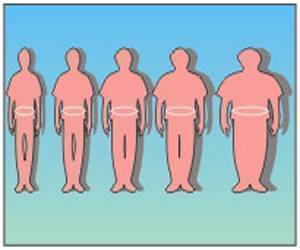The sweetener interfered with the ability of neurons to communicate with each other, rewire connections, record memories and produce energy to fuel basic functions.

Fernando Gomez-Pinilla, professor at David Geffen School of Medicine at University of California, Los Angeles, US, said, "We found that processed fructose inflicts surprisingly harmful effects on the brain's ability to repair itself after a head trauma."
For the study, laboratory rats were fed standard rat chow and trained for five days to solve a maze. These mice were randomly assigned to a group that was fed plain water or a group that was fed fructose-infused water for six weeks. The fructose was crystallized from corn in a dose simulating a human diet high in foods and drinks sweetened with high-fructose corn syrup.
A week later, the rats were anesthetized and underwent a brief pulse of fluid to the head to reproduce aspects of human TBI. After an additional six weeks, the research team retested all the rats' ability to recall the route and escape the maze.
The scientists discovered that the rodents on the fructose diet took 30% longer to find the exit compared to those who drank plain water. They also found that fructose altered a wealth of biological processes in the animals' brains after trauma. The sweetener interfered with the ability of neurons to communicate with each other, rewire connections after head injury, record memories and produce enough energy to fuel basic functions.
The study was published in the Journal of Cerebral Blood Flow and Metabolism.
 MEDINDIA
MEDINDIA




 Email
Email










